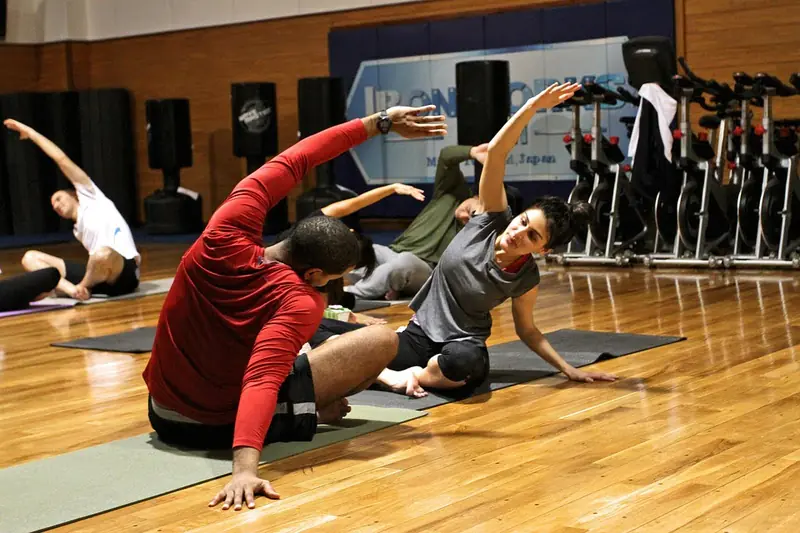
However, a 45-year study by researchers at the University of Jyväskylä in Finland has shown that excessive activity may actually accelerate aging. More importantly than physical exercise is the overall lifestyle.
For decades, we’ve been told that regular physical activity is crucial for preventing early death. It turns out, this was just a myth.
How the Study Was Conducted
The research team believes that examining the link between exercise and longevity is somewhat misleading. The issue isn’t with exercise itself.
The reality is that those who engage in more sports may live longer simply because they maintain a healthy diet, get plenty of sleep, and foster social connections. In other words, it’s not just about spending time in the gym; it’s about prioritizing a healthy lifestyle, as reported by the Daily Mail.
From 1975 to 2020, scientists observed the lives of 11,000 pairs of twins aged 18 to 50 years old (at the start of the study).
 Participants filled out questionnaires regarding their level of physical activity, which allowed researchers to categorize them into groups: sedentary (13.4 percent), moderately active (36.7 percent), active (38.7 percent), and highly active (11.2 percent).
Participants filled out questionnaires regarding their level of physical activity, which allowed researchers to categorize them into groups: sedentary (13.4 percent), moderately active (36.7 percent), active (38.7 percent), and highly active (11.2 percent).
The team also collected blood samples from volunteers to track their biological aging, which refers to the rate at which a person physically ages.
To calculate the biological age of participants, researchers examined changes in DNA that reflect factors influencing lifespan: genes, dietary habits, and physical activity.
What the Researchers Found
The results indicated that those who were moderately active, active, or highly active had a 15-23 percent lower likelihood of dying during the 45-year study compared to those leading a sedentary lifestyle.
However, after analyzing participants’ body mass index (BMI), smoking habits, and alcohol consumption, it became clear that among the physically active group, there was only a seven percent reduction in mortality compared to those who were sedentary.
 Blood analysis revealed that the oldest biological age was found in both the least active individuals and those who were the most active.
Blood analysis revealed that the oldest biological age was found in both the least active individuals and those who were the most active.
Interestingly, the most active participants were biologically 1.3 years older than those who led a moderately active lifestyle and 1.8 years older than those who were active.
Thus, as the researchers concluded, an active lifestyle is an indicator of overall healthy living rather than a factor that extends life.

